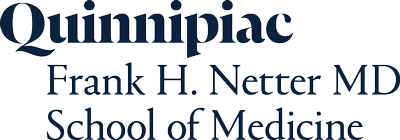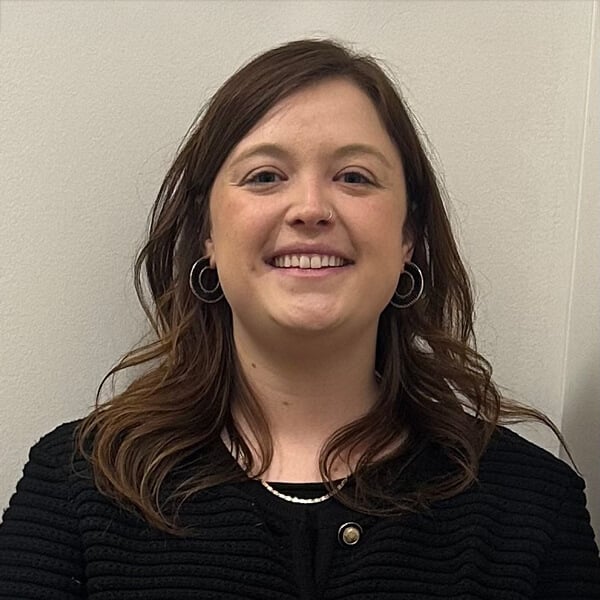Overview
The innovative curriculum within the Rural Family Medicine Program provides residents with a broad scope of training that prepares them to excel in whatever practice environment they pursue. Our program offers excellent resources alongside a wide range of opportunities for resident-centric learning and training.
Our program features a half day each week of dedicated time for didactic learning from family medicine faculty and local subspecialists. Didactics include hands-on learning and procedural training, simulation sessions and resident activities including journal club, wellness and scholarship.
All residents are trained in medication-assisted treatment (MAT) for substance use disorders and receive specific training in point-of-care ultrasound using the Butterfly system.
Each year is divided into thirteen blocks, each lasting for four weeks at a time. More information about each rotation is broken down by year below.
Training in PGY-1 is designed to build a strong foundation for rural practice, with high-volume experiences in inpatient medicine, obstetrics, pediatrics, intensive care and emergency medicine as well as more outpatient-oriented training in behavioral health and orthopedics.
Rotations include:
-
Inpatient Medicine – 2 blocks
-
Obstetrics – 2 blocks
-
Behavioral Health – 1 block
-
Critical Care – 1 block
-
Emergency Medicine – 1 block
-
Inpatient Pediatrics – 1 block
-
Outpatient Pediatrics – 1 block
-
Orthopedics and Sports Medicine – 1 block
-
Pediatric Emergency and Urgent Care – 1 block
-
Elective – 1 block
-
Elective / Transition to Rural Location – 1 block (last block of the year)
The curriculum in the latter two years builds upon the foundation from PGY-1, continuing with strong inpatient and emergency medicine rotations with a shift towards more ambulatory experiences to help prepare residents for rural practice.
Rotations include:
-
Geriatrics/Pediatrics/Outpatient Family Medicine (longitudinal rotation) – 3 blocks
-
Medical and Surgical Subspecialties (longitudinal rotation) – 3 blocks
-
Inpatient Medicine – 2 blocks
-
Behavioral Health – 1 block
-
Emergency Medicine – 1 block
-
General Surgery – 1 block
-
Elective – 2 blocks
The curriculum in the final year adds layers to the foundation built during PGY-1 and PGY-2, with ongoing inpatient and emergency medicine rotations and a majority of ambulatory experiences that prepare residents for rural practice.
PGY-3 rotations include:
-
Medical and Surgical Subspecialties (longitudinal rotation) – 3 blocks
-
Geriatrics/Outpatient Family Medicine (longitudinal rotation) – 2 blocks
-
Inpatient Medicine – 2 blocks
-
Behavioral Health – 1 block
-
Emergency Medicine – 1 block
-
Elective – 4 blocks
As a small and nimble residency program, we are able to tailor the residency experience to your individualized learning needs and professional goals. Residents are offered a minimum of six elective opportunities.
Potential electives include:
-
Academic Medicine
-
Addiction Medicine
-
Advocacy
-
Behavioral Medicine / Psychiatry
-
Cardiology
-
Critical Care
-
Emergency Medicine
-
ENT
-
Frontier Medicine
-
Gastroenterology
-
Geriatrics
-
Health System Leadership
-
Hospitalist Medicine
-
Intellectual and Developmental Disabilities
-
Interventional Radiology
-
LGBTQ+
-
Neurology
-
Neonatal Intensive Care (NICU)
-
Obstetrics
-
Orthopedics
-
Pain Management / Physical Medicine and Rehabilitation
-
Palliative Medicine
-
Pediatrics
-
Pulmonology
-
Quality Improvement
-
Rural Medicine
-
Sports Medicine
-
Student Health
-
Surgery
-
Urgent Care
-
Urology
-
Women's Health
-
Wound Care

